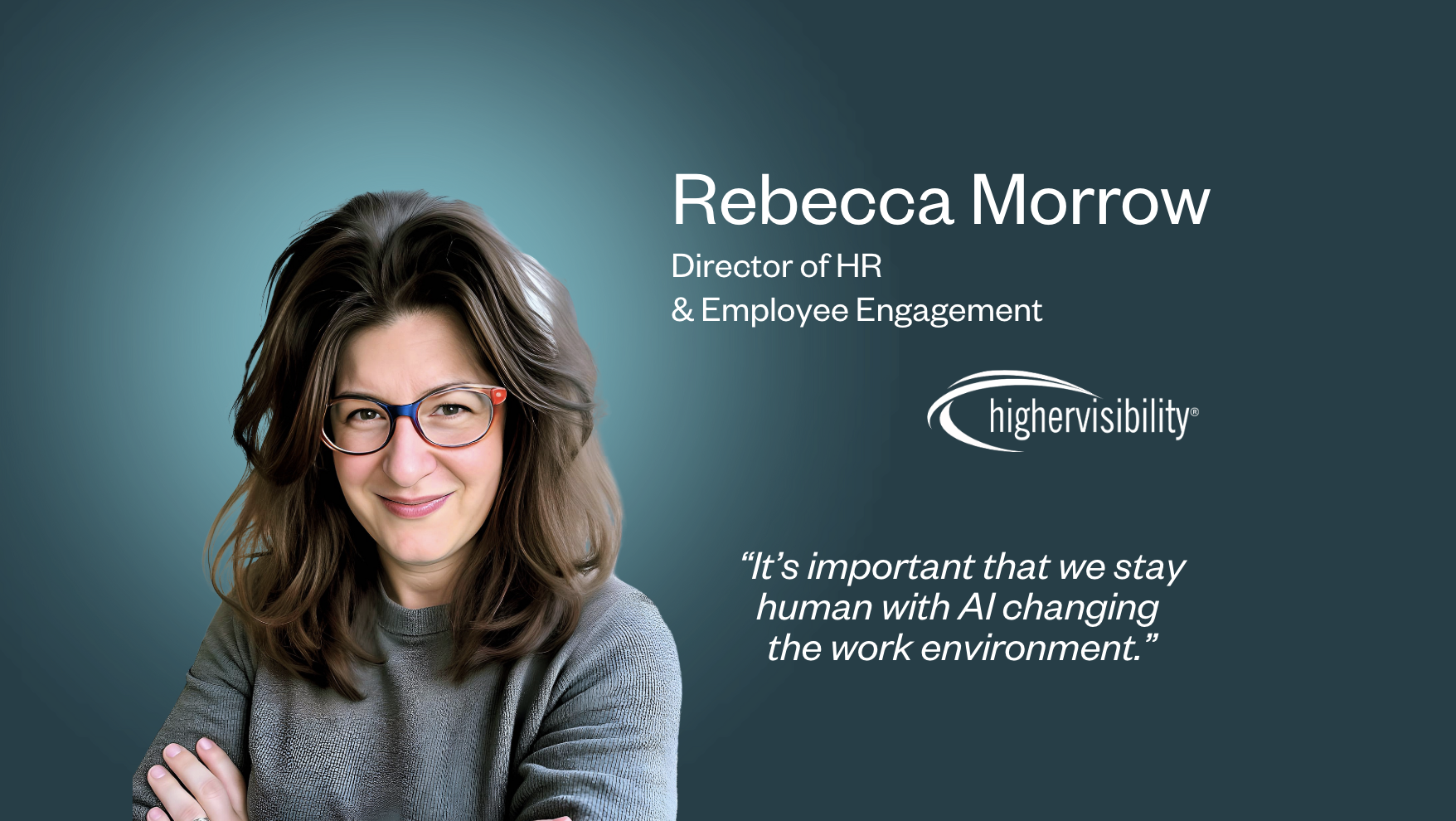“Management is doing things right; leadership is doing the right things.”
– Peter Drucker
You can be a great manager, but are you good at being an effective leader? Have you ever thought of what kind of a leader you would like to be?
What is the difference between leading and managing?
A strong manager successfully plans, coordinates and sets up processes and structures that help their team accomplish specific goals. Being a strong manager is different from being a leader. Leaders go beyond managing day-to-day tasks and “hitting the numbers”. Generally, we think of managers as being task-focused, driving action through a plan. Leaders drive people to action through a compelling vision. Leaders align their teams towards a common vision, empowering and inspiring their teams to unlock their full potential. This leads to high performance, creativity and innovation.
With the right mindset anyone can develop effective leadership styles at work. Here’s how you can:
Build empathy
Studies show that empathy positively impacts innovation, engagement and boosts retention. Empathetic leaders invest in building relationships with their teams. They are interested in learning what is important to their team and what sets them up for success. Take steps to understand your team’s motives. What influences them to behave in certain ways? Give people the opportunity to share their perspectives and backgrounds by asking questions and genuinely listening. When you take the time to engage with people and give them the space to share thoughts and experiences, it makes them feel heard, valued and establishes strong bonds.
Evangelise
Leaders are driven by a higher purpose. When you become an effective evangelist, you don’t just promote the work you and your team does; you explain how the work makes a positive difference. Being an effective leader means inspiring your team with a common purpose. This makes their work more meaningful and motivates them to take action. One way you can be a successful evangelist is by developing and communicating a coherent message of purpose – both within and outside the company. Seize opportunities to spread awareness of what your team and company do, and the positive impact it can have.
Recognise and celebrate your people
A study by BCG found that the number one factor of happiness at work was feeling appreciated. Research also shows that social rewards such as being recognised and appreciated for your work have the same impact as financial rewards. Being an effective leader means recognising people for the value they bring, as it motivates them and reinforces the positive behaviours that lead to successful outcomes.
Bring out the best in your people
Satya Nadella, CEO of Microsoft, posits that leaders must shift from a “know it all” to a “learn it all” mindset. Being an effective leader means you value the importance of learning and development – for themselves as well as for their colleagues. One solution is to give your team the opportunity to own their learning and development. Ask your team for their input on skills they would like to build or resources that could truly support them. This will allow you to offer impactful development tools that will be used.
Free up your time – and mind
As a leader who juggles multiple tasks and responsibilities, it is easy to get roped into day-to-day tasks with no breaks. This might leave you feeling overwhelmed, with little time for creativity or strategising. Studies suggest that when you free up time and let your mind wander, it boosts creativity. Being an effective leader doesn’t mean you don’t feel stress or anxiety at work, many leaders experience this, too. Be disciplined about carving out time daily to create some mental space by, for example, meditating, taking a walk, or journaling.
Embrace ambiguity
Leaders recognise that ambiguity is inevitable and constant because of the complex world we operate in. To successfully embrace ambiguity, start by acknowledging your own limitations. Being intentional in reaching out to your network of experts for their perspectives can help you enrich your knowledge and better navigate ambiguous situations.
Most managers develop their own style of leadership based on factors like experience and company culture, as well as the unique needs of their company and its organisational structure. Being an effective leader doesn’t mean fixating on just one leadership style. There are various effective leadership styles that result in increased employee happiness, engagement, and retention rates. By consciously taking steps to shape your mindset, empowering and inspiring your people, you can become an impactful leader that builds a team that works with you, not for you.



